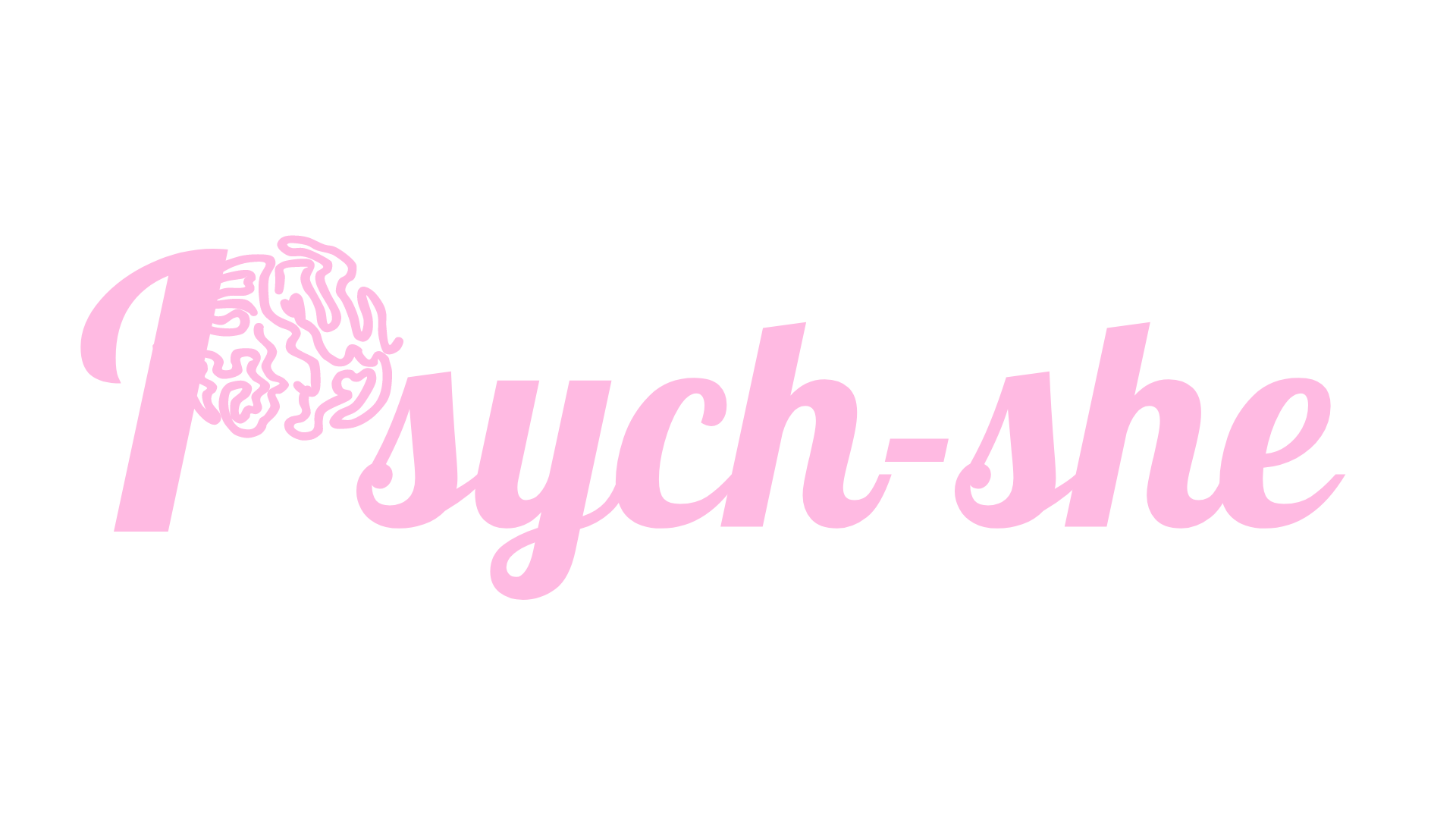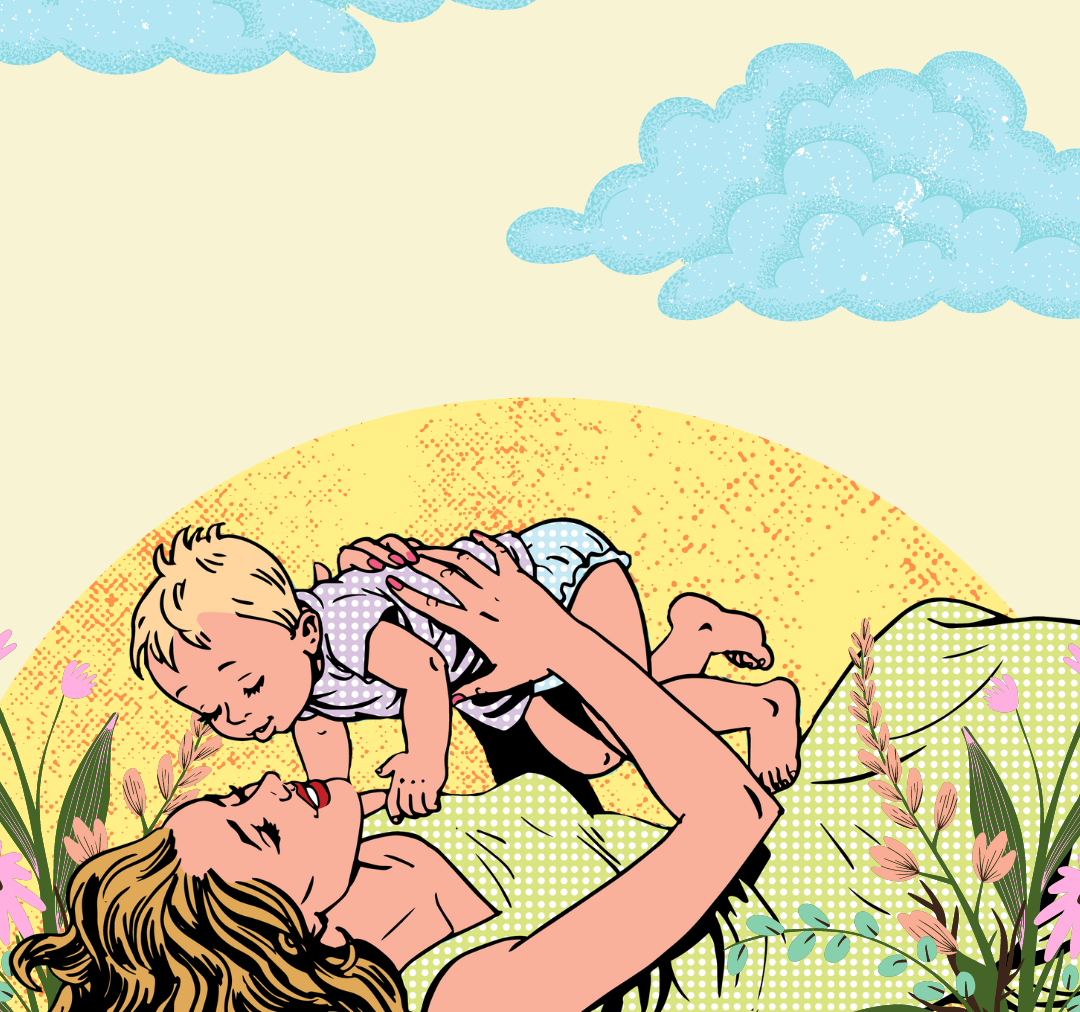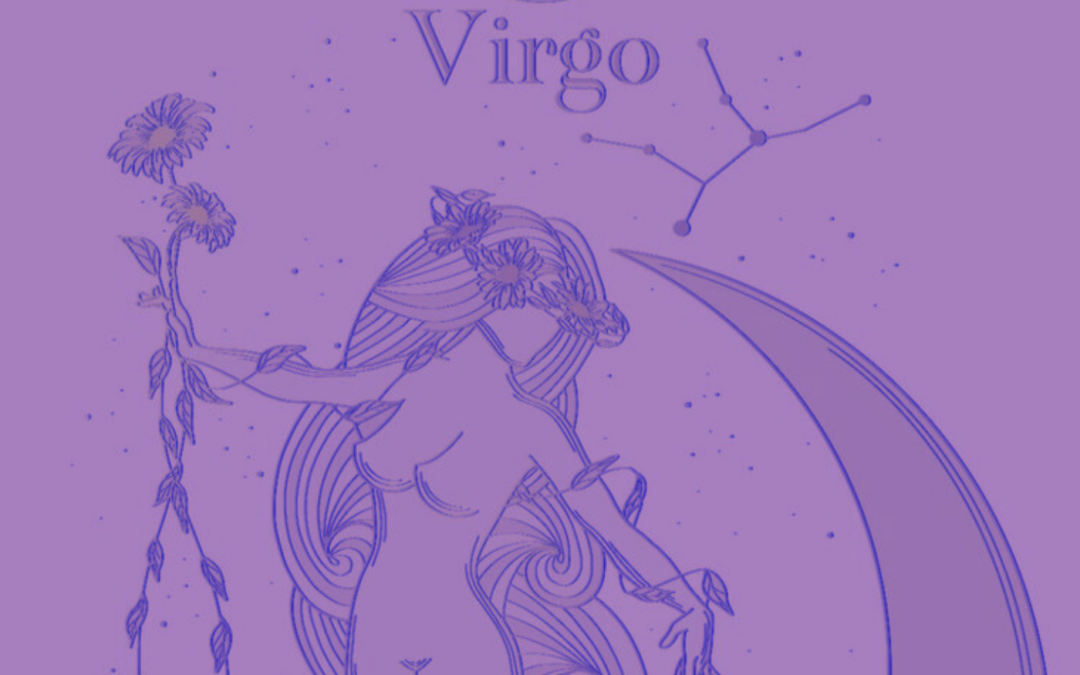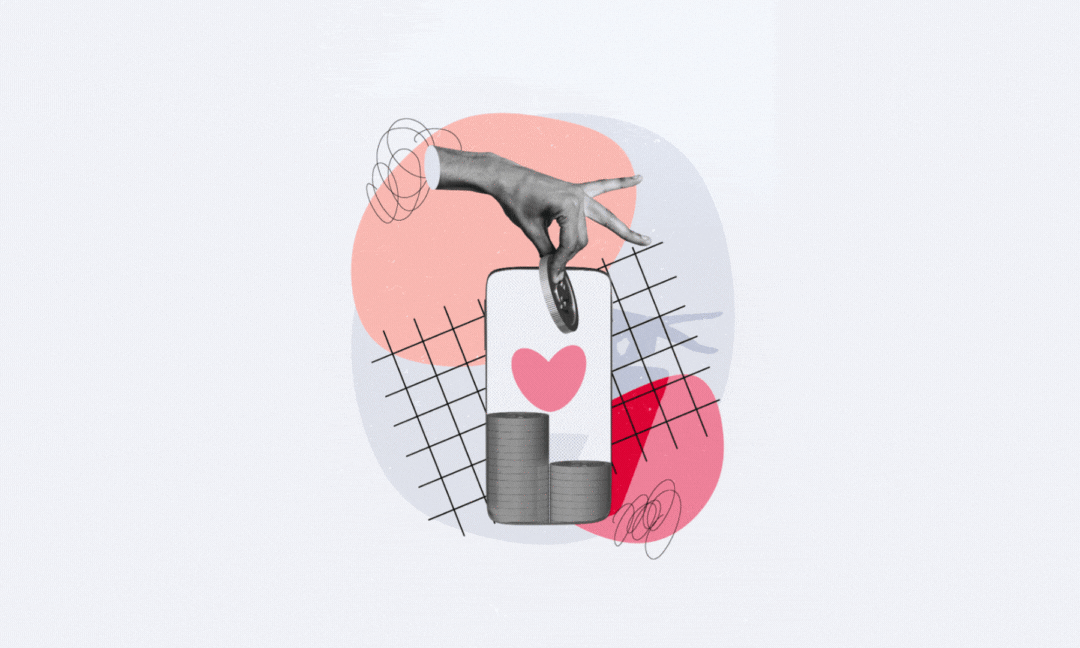Do we inherit our personality traits from our parents? Emily Hawtin delves into her own childhood, to discern whether her overly honest demeanour derived from her upbringing? She uncovers how she turned from a passive and quiet child, into a blunt character, and questions whether the behaviour she learnt from her mother transpires into her relationship?
When I was younger my parents never wrapped me up in cotton wool. As a child, if I didn’t like my dinner, or if I started a tantrum because they wouldn’t buy me a barbie doll, my mother would tell me: “Get up, behave yourself, and stop being stupid.”
My mum’s honest persona came from her own experiences in her childhood, which was being born into a traditional family in North Macedonia. She had an extremely hard life, and had to essentially become her own mother at a very young age.
So, at age 18 she moved to England where she had my sister and I, and as a foreign woman in a strange country, she found it extremely difficult to fit into the English society. But despite all her problems, she fought through all her work bullies, and the snobby primary school parents, to ensure we had food on the table, a roof over our heads, and a loving environment to grow up in.
Her tough and brutally honest upbringing transformed her into this incredibly strong warrior, who put up with and took no bullshit, similarly to the rest of my Macedonian family. Tough, resilient, and frank. But as a child, I couldn’t help but feel ashamed, as I knew I was nothing like them.
Where my Mum was strong and honest, I was weak and shy. I struggled with confrontation, and couldn’t handle the direct truth. Which strained our relationship, as when I wanted my mum to sugar coat a tough situation I was in, she would only ever offer truthful advice like: “Cut them off, they are not good friends!”
As an extremely emotional child I wanted her advice to be soft and gentle, or wrapped up in a pretty bow! But because of my Mum’s difficult upbringing, she was used to dealing with harsh realities head on. So, her advice was always so brutally honesty and blunt, because no one had ever sugar coated her problems as a little girl.
So when I got picked on at primary school, and my mum tried to train me up like a general commanding their troops before a battle: “Stand up to them. Never let anyone say you cannot be whoever you want to be!” I just found it frustrating. As whilst her love language manifested in honesty and logical solutions, my love language was soft words of affirmation.
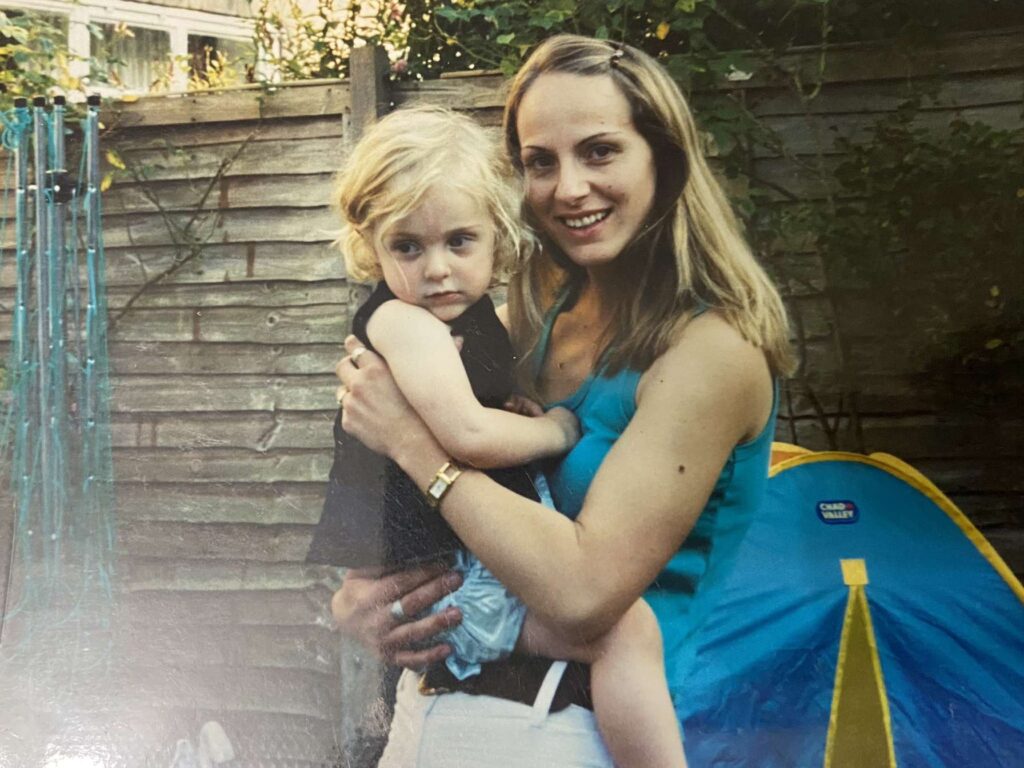
Stephen Joseph, professor in psychotherapy at the University of Nottingham, said: “Parents often give their children what psychologists refer to as ‘conditional regard’. This refers to when children pick up the message that to be valued, they need to behave and think in certain ways. That might be to please others, always look happy, or to be strong, for example.
“More often, children receive conditional regard and develop in ways that are not true to themselves but shaped by how others want them to be. It is this process that shapes how the child develops and what sort of person they turn into.”
However, my Mum never tried to turn me into someone I wasn’t; her honest love language came from a loving place; she was never cruel. We just had completely different ways of expressing our love: she was built on logic, whilst I was built on empathy.
Stephen added: “Perhaps it was stressful for you as a child, and you had to learn the ways you needed to fit into your family. Children need adults to be empathic, and accepting to be able to learn to be themselves. But when we get older sometimes, we can begin to shake off some of that earlier conditioning from childhood and discover more about our own authentic nature”.
Which holds some truth, as now I am a woman in my twenties, I have realised that my authentic nature is surprisingly similar to my mothers. Since being in my first relationship has made me aware that I portray my love language through logical advice too.
For example, whenever my boyfriend feels down I offer him practical solutions, instead of gentle words of affirmation. If he’s stressed about an exam my advice is “Go to the library more”, or if he feels insecure I catch myself saying, “Why are you letting peoples opinions control the way you see yourself?”
But I don’t mean to come across as harsh, it’s just I love him so deeply that I want to offer him the most helpful and practical advice. Then I realised: THIS IS WHAT MY MUM USED TO DO!
Stephen said: “We take our conditioning with us as we grow up, and it is who we grow into. As adults we continue to behave and think in the same ways that we learned in childhood, but we have internalised the process so deeply that we just think it is who we are.”
Contradictory to Stephens advice, I do think this is who I am supposed to be. Which astonishes me, because this personality change happened so imperceptibly; as I have grown out of being the passive little girl, and turned into the woman I thought was my polar opposite.
In all honesty, I am not ashamed of possessing the same personality as my Mother. Her advice comes from a place of pure love, and has turned me into the person I am today – which I think is a pretty good human being.
So if you are worried about adapting your parents’ personalities, remember that you are different people at the end of the day. But for me, I am not ashamed to admit that I take after my beautiful and intelligent mother.
Expert insight: Stephen Joseph
Stephen Joseph, professor in psychotherapy at the University of Nottingham, and author of ‘Think Like a Therapist: six life changing insights for leading a good life’.
